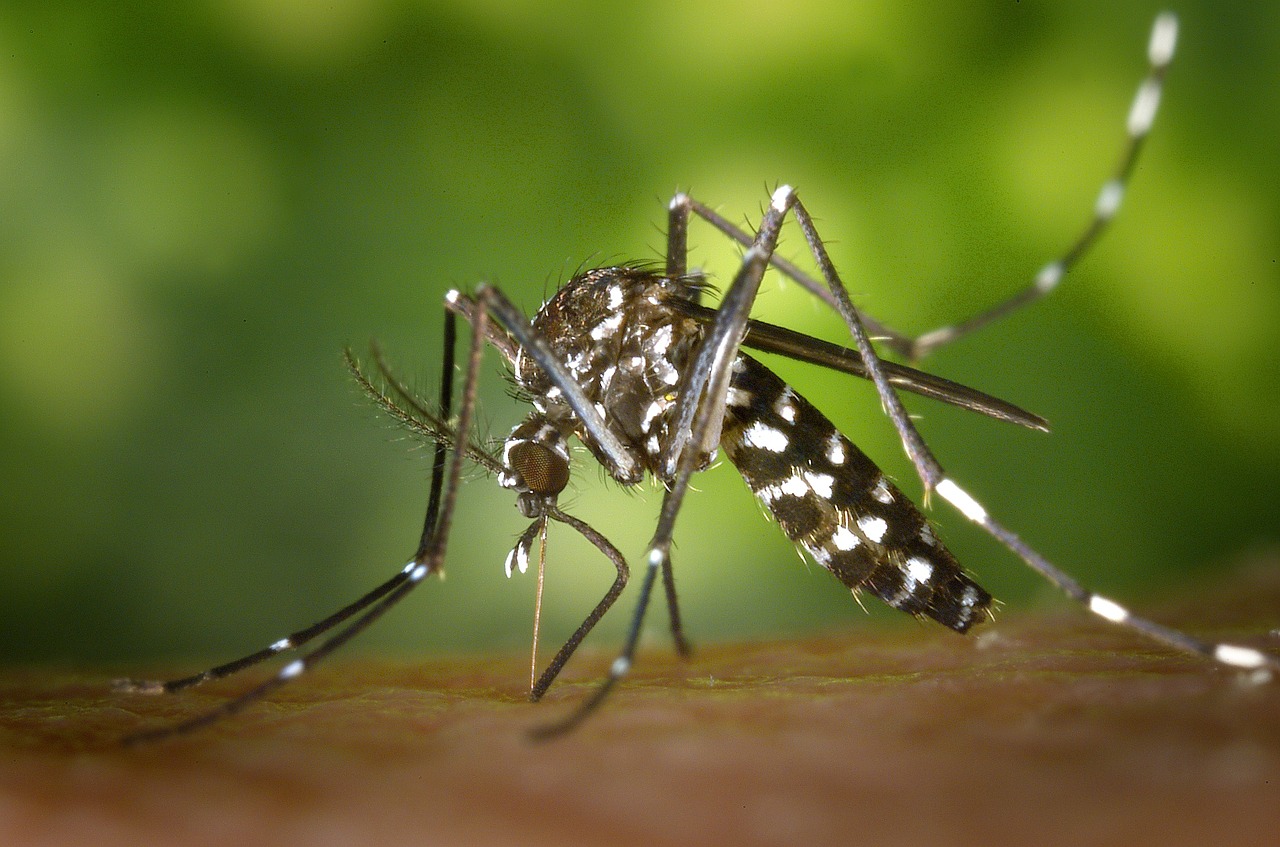July 18, 2025

A team of scientists at Imperial College London has achieved a major breakthrough in the global fight against malaria: they’ve created a genetically modified mosquito strain that cannot transmit the disease. Using CRISPR-Cas9 gene editing, the researchers altered the mosquitoes’ genome to block the development of Plasmodium falciparum — the most deadly malaria parasite in humans.
Malaria, which infects over 200 million people per year and causes over 600,000 deaths, is transmitted primarily by Anopheles mosquitoes. Despite efforts including bed nets, insecticides, and antimalarial drugs, the disease remains one of the most persistent public health challenges in the developing world.
The engineered mosquitoes were exposed to Plasmodium in controlled lab environments. In every trial, the edited mosquitoes failed to develop and transmit the parasite, demonstrating a potential for complete biological interruption of the disease lifecycle.
“We’re not just suppressing the mosquito population — we’re editing the disease out of existence,” said Dr. Aisha Mbale, lead entomologist on the project.
The genetic modification focused on a specific gene expressed in the mosquito midgut. This gene was altered so that, once the parasite enters the mosquito during a blood meal, it is unable to continue its development and reach the salivary glands — effectively breaking the transmission chain.
Importantly, the scientists also introduced a gene drive system to ensure the modification would spread rapidly through wild mosquito populations. In simulated trials, over 95% of the mosquito population carried the edited gene within 7 generations.
While the lab results are promising, the researchers caution that real-world implementation will require careful ecological assessments, ethical review, and community engagement. Field trials in malaria-endemic regions, particularly parts of sub-Saharan Africa, are being planned for late 2026.
This project is part of a broader shift in public health strategy — using genetic engineering not just for treatment, but for prevention at the ecosystem level. The study has been published in Nature Biotechnology and hailed as one of the most promising malaria interventions in over a decade.